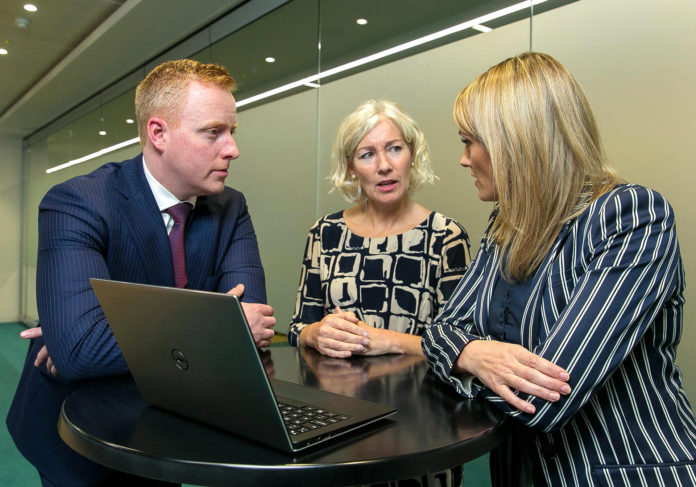
People’s confidence in their ability to stay safe from online scam and frauds is frequently not matched by their online shopping behaviour, the findings of the 2019 ‘Black Friday’ Fraud Survey from Ulster Bank has shown.
As Black Friday approaches on 29 November, everyone is reminded to be more aware of the prevalence of fraud and scams, and how important it is before the final purchase click to pause and consider if the bargain is too good to be true.
82% of Munster respondents feel they have taken all the necessary precautions to shop safely online this season, the highest regional score recorded (national average: 76%).
However, one in five of respondents admit they would sometimes take a chance on clicking a link if it promised a great deal.
One in 12 (8%) in Munster claim to have shared their online banking Pin or password with someone.
With ‘Black Friday’ now a fixture of Irish online shopping, half (50%) of Munster online shoppers plan to spend the same or more online this Black Friday than last, with only a quarter saying they will not be participating.
With almost seven out of ten Munster respondents (69%) shopping online at least once a month, the research shows half of online shoppers in Munster plan to spend the same or more this Black Friday. Munster people shop online more often than other Irish people.
Some other key findings of the online shopping survey show that: 17% of Munster online shoppers claim that it has been longer than a year since they last changed their online passwords, with a further fifth (19%) claiming it has been longer than six months since they last changed their passwords; 34% of Munster respondents claim that it’s been a year or longer since they have reviewed/updated the software security on their laptop, tablet or PC.







